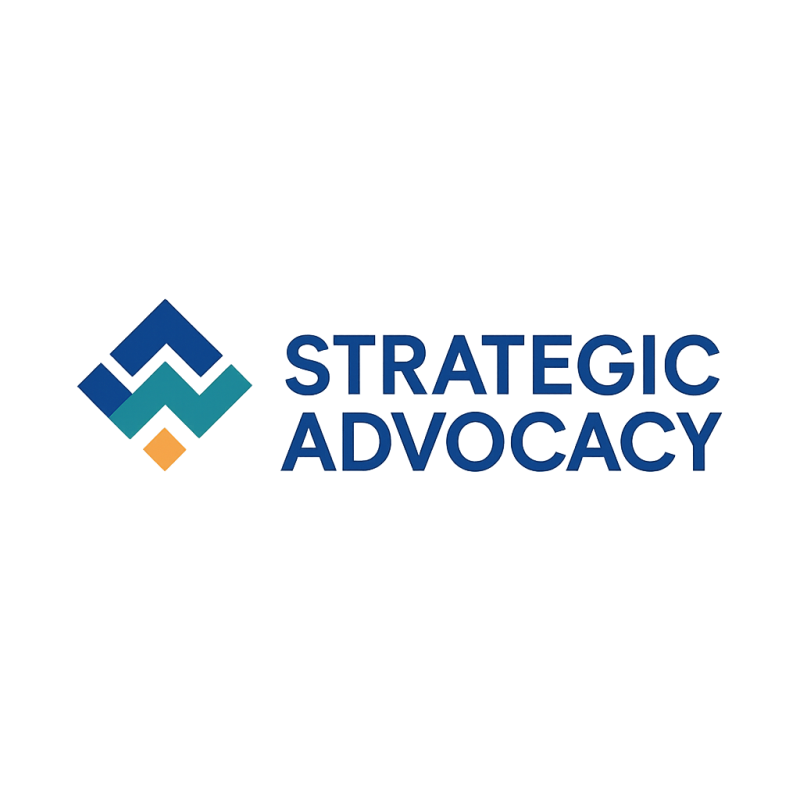UN Reporting Directory – Easy Read
What is this page?
This page helps people in Australia report human rights violations to the United Nations (UN).
This page is for people who:
- Are disabled or neurodivergent
- Use the NDIS
- Are under guardianship or administration
- Have been forced into treatment or institutions
- Have been ignored, silenced, or harmed by systems
You do not need a lawyer to use this page.
What can the UN do?
The UN cannot fix things straight away.
But the UN can:
- Contact the Australian Government
- Ask questions about what happened to you
- Record your case internationally
- Put pressure on systems that cause harm
This can help protect you and others.
Is it safe to report?
Your safety matters.
Before reporting:
- Use a private email not controlled by a service or guardian
- Do not use a shared or monitored device
- Ask for your identity to be kept confidential
- Ask a trusted person to report for you if needed
Who should I report to?
Disability Rights
UN Special Rapporteur on the Rights of Persons with Disabilities
Use this if:
- You are under guardianship
- Your legal capacity was removed
- You were denied supported decision-making
Forced Treatment or Harm
UN Special Rapporteur on Torture
- Restraint or seclusion
- Forced treatment
- Degrading or unsafe conditions
Detention or Confinement
UN Working Group on Arbitrary Detention
- You were locked in
- You could not leave
- No fair legal process
Health Care Harm
UN Special Rapporteur on the Right to Health
- Treatment without consent
- Denied adjustments
- Health harm
You can contact more than one UN expert if more than one thing happened.
Email contacts
- Torture: sr-torture@ohchr.org
- Urgent cases: urgent-action@ohchr.org
- Arbitrary Detention: wgad@ohchr.org
What should I say?
Your message should include:
- What happened
- When it happened
- Who was involved
- How it affected you
- What help you are asking for
You can say:
- “Please keep my name confidential”
- “I am afraid of retaliation”
If someone helps you report
A friend, advocate, or ally can report for you if it is safer.
This is allowed.
NDIS housing emergency
If NDIS decisions have left you homeless or unable to return home, this is a human rights emergency.
What evidence can I include?
- Guardianship orders
- Medical letters
- NDIS plans or funding cuts
- Incident reports
Only include what is safe.
If you are in crisis now
- Lifeline: 13 11 14
- Mental Health Line: 1800 011 511
- NDIS Hotline: 1800 800 110
This page gives information, not legal advice.
You are allowed to speak.
You are allowed to report harm.
You are not the problem.

